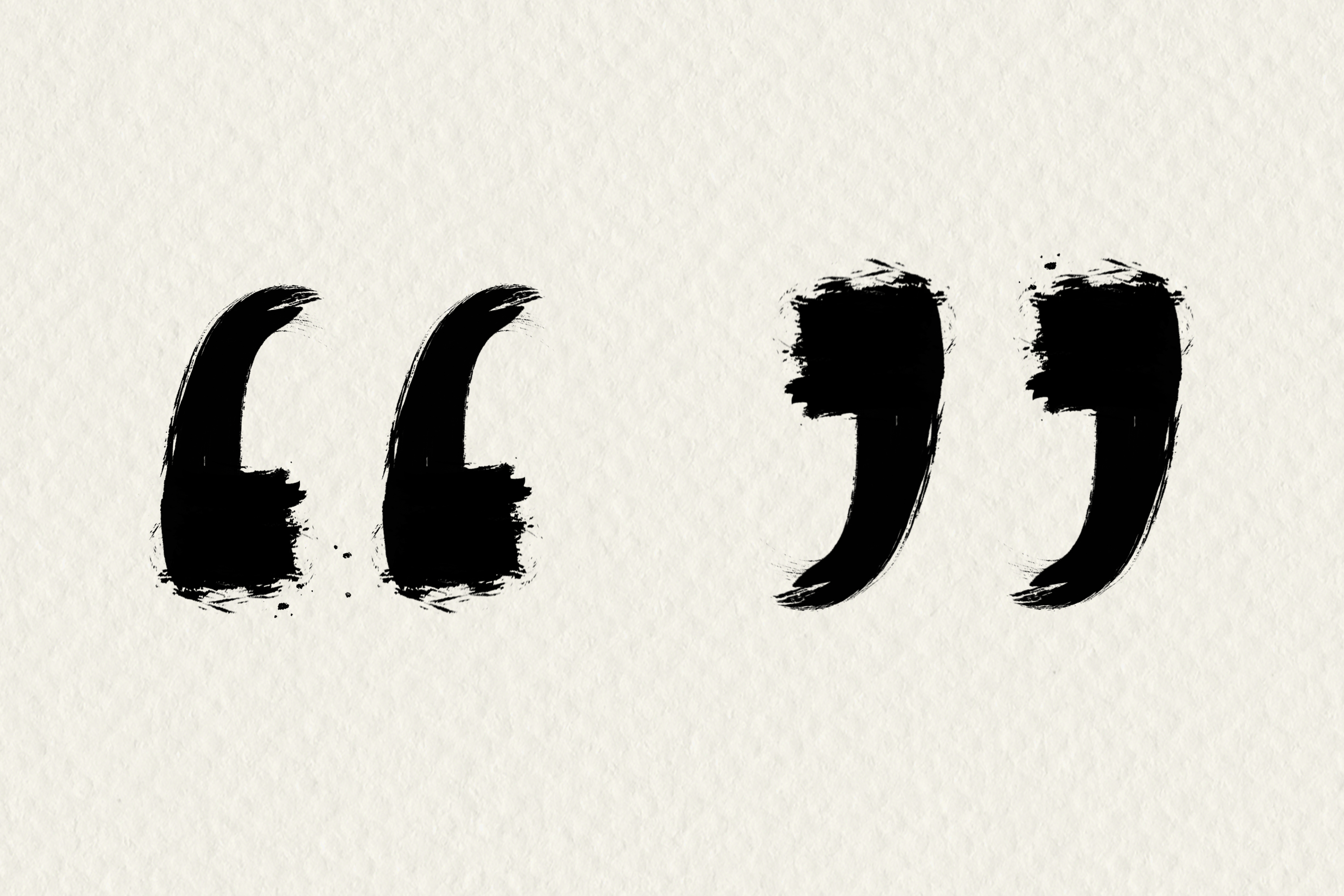Being proficient in grammar takes years of practice and needs deep knowledge. Yet, you will still end up making grammatical mistakes, and that is understandable. However, when we are talking about academic writing, you need to be exceptionally careful that you do not end up making such mistakes. This article gives you 10 common grammatical mistakes in academic writing. If you are someone who tends to make such mistakes frequently, this article will be able to help you pinpoint those mistakes and fix them.

This article discusses the common grammar mistakes in academic writing. To give you an opportunity to practice proofreading, we have left a few spelling, punctuation, or grammatical errors in the text. See if you can spot them! If you spot the errors correctly, you will be entitled to a 10% discount.
Being proficient in grammar takes years of practice and needs deep knowledge. Yet, you will still end up making grammatical mistakes, and that is understandable. However, when we are talking about academic writing, you need to be exceptionally careful that you do not end up making such mistakes.
Therefore, we have here a list of 10 common grammatical mistakes that one makes while writing, editing, and proofreading. If you are someone who tends to make such mistakes frequently, this article will be able to help you pinpoint those mistakes and fix them.
Even if you are good at English, some grammatical mistakes tend to happen no matter how careful you are. Sometimes, you make a mistake without even knowing that you are making one. It takes time to practice and make changes, but before that, you need to be aware of such mistakes. Here are the top 7 common grammatical mistakes that a writer makes with or without knowing:
A comma is perhaps one of the most active elements when it comes to grammatical mistakes in academic writing. Many experienced writers still don’t understand when and how to use the comma correctly. A comma is a pause in a sentence that helps in conveying the meaning better. Therefore, when you don’t use a comma, you are essentially changing the meaning of the sentence.
Incorrect usage: We are going to eat Sarah.
Correct usage: We are going to eat, Sarah.

A comma separates items in a list but does not distinguish two independent sentences from each other. For example:
Smith had never ridden on the back of a camel, he tried out of curiosity.
A semi-colon is the correct punctuation mark to use in place of the comma because both clauses are independent, with the second clause providing an explanation for the first. A comma is only appropriate in this instance if conjunction follows the comma. In which case, there would not be a need for a semi-colon.
Correct: Smith had never ridden on the back of a camel; he tried out of curiosity.
OR
Correct: Smith had never ridden on the back of a camel, so he tried out of curiosity.
Subject-verb agreement is another one of the common grammatical mistakes that many writers get confused over. This mistake is usually because of confusion over the number of subjects and verbs used in a sentence. If the subject is plural, the verb should be in plural form too, and if the subject is singular, the same applies to the verb.
Incorrect usage: There is many grammatical errors in this sentence.
Correct usage: There are many grammatical errors in this sentence.
Another very common grammatical mistake is sentence fragmentation. A sentence needs to have a noun and a verb. Fragmentation should happen only when a new idea is introduced. Other than that, there should not be any fragmentation.
Incorrect usage: You should exercise. Because it is good for your health.
Correct usage: You should exercise because it is good for your health.
Grammar mistakes can be tolerated and may not matter when speaking; however, for academic writing, you should be very careful. By nature, a word should follow a preposition. Therefore, using it at the end of a sentence is a mistake.
Incorrect usage: What reasons should you use editing and proofreading for?
Correct usage: For what reasons should you edit and proofread?
The use of quotation marks is probably the most debated among all punctuation marks. The usage of single or double quotes is predominantly dependent on the preferred type of English in your text. For American English, double quotes are used consistently for all conditions where quotation marks may be needed, whereas British English prefers single quotes. Therefore, the author should be conscious of about the language to make the correct usage of both symbols.
In American English, single quotation marks should be used to enclose a quotation within a quotation and inside quotation marks should be used to place periods and commas.
In British English, single quotation marks should be used to enclose a quotation and double quotation marks should be used to enclose a quotation within a quotation. Also, outside quotation marks are used to place periods and commas.
American English: He said softly, “I have a headache.”
British English: He said softly, ‘I have a headache’.
American English: Many dream images were characterized as “raw,” “powerful,” and “evocative.”
British English: Many dream images were characterized as ‘raw’, ‘powerful’, and ‘evocative’.

The mistakes with the comma are extreme — one either tends to not use it at all, or they tend to overuse it. This grammatical mistake pinpoints misusing and overuse of the comma. While not using a comma in a sentence can change its meaning, using too much can confuse the reader and make the sentence too complicated to understand.
Incorrect usage: Editing is important, because it helps refine the content
Correct usage: Editing is important because it helps refine the content
One of the most common grammatical mistakes in academic writing is the incorrect capitalization of words in the title. You need to understand when and where you should capitalize words. It is not something random, and you should pay extra attention to it, especially when you are writing in an academic field. Generally, in a title, you capitalize the first and the last words, nouns, pronouns, verbs, adverbs, and adjectives. However, there are specific style guides, so depending on which you are using, you need to follow their rules.
Incorrect usage: Introduction to editing and proofreading style guides
Correct usage: Introduction to Editing and Proofreading Style Guides
Another common grammatical mistake is using the incorrect word for the wrong purpose. There are several words in the English language that may sound similar but have a completely different meaning. These mistakes are not merely spelling errors. Most of the time, the writer is not aware that these words are different and have different meanings. Some major examples are:
Accept and Except
Farther and Further
Effect and Affect
Incorrect usage: The extra classes had a good affect on my studies
Correct usage: The extra classes had a good effect on my studies
These two punctuation marks are similar; they are both combinations of the period sign and comma. In using these punctuation marks, the type of language, whether American or British English, should be considered. However, apart from the subtleties based on language, the colon sign mostly follows a complete sentence before introducing a list of items, an explanation, or a quotation. The semi-colon joins two independent clauses, when the second clause elaborates the first. In most cases, when these punctuation marks are used erroneously, the semi-colon is used to precede a list of items. For example:
Incorrect: She bought the following items; grocery and stationery.
This is a punctuation error because the phrase after the semi-colon is not an independent clause. Rather, the appropriate use should be:
Correct: She bought the following items: grocery and stationery.
One of the tricky problems many authors deal with when it comes to colons is whether to capitalize the word following the colon. As with so many things in the English language, capitalization with colons can be a complex issue, and many times, it’s more of a style issue than one of correctness. For instance, according to APA style, the first word after the colon is capitalized only if it begins a complete sentence.
In the British English variant, the first letter after a colon is capitalized when it is a proper noun or an acronym; in the American English variant, the first word after a colon is sometimes capitalized when it begins a complete sentence.
Grammatical mistakes are pretty common, and these are some of the most common of the lot. However, these mistakes can easily be avoided. You just need to realize the error and rectify it. After all, practice is what makes you perfect.
Best Edit & Proof expert editors and proofreaders focus on offering manuscripts with proper tone, content, and style of academic writing, and also provide an upscale editing and proofreading service for you. If you consider our pieces of advice, you will witness a notable increase in the chance for your research manuscript to be accepted by the publishers. We work together as an academic writing style guide by bestowing subject-area editing and proofreading around several categorized writing styles. With the group of our expert editors, you will always find us all set to help you identify the tone and style that your manuscript needs to get a nod from the publishers.
You can also avail of our assistance if you are looking for editors who can format your manuscript, or just check on the particular styles for the formatting task as per the guidelines provided to you, e.g., APA, MLA, or Chicago/Turabian styles. Best Edit & Proof editors and proofreaders provide all sorts of academic writing help, including editing and proofreading services, using our user-friendly website, and a streamlined ordering process.
Visit our order page if you want our subject-area editors or language experts to work on your manuscript to improve its tone and style and give it a perfect academic tone and style through proper editing and proofreading. The process of submitting a paper is very easy and quick. Click here to find out how it works.
Our pricing is based on the type of service you avail of here, be it editing or proofreading. We charge on the basis of the word count of your manuscript that you submit for editing and proofreading and the turnaround time it takes to get it done. If you want to get an instant price quote for your project, copy and paste your document or enter your word count into our pricing calculator.
If you need support for editing and proofreading services, contact us. You can also e-mail us or use the 24/7 live chat module to get direct support. We have a 24/7 active live chat mode to offer you direct support along with qualified editors to refine and furbish your manuscript. Alternatively, you can text us through our WhatsApp business support line.
Follow us on Twitter, LinkedIn, Facebook, Instagram, and Medium.
For more posts, click here.
How to Determine Variability in a Dataset
14.10.2023
How to Determine Central Tendency
19.02.2023
How to Specify Study Variables in Research Papers?
14.01.2023
Population vs Sample | Sampling Methods for a Dissertation
14.01.2023
How to Ensure the Quality of Academic Writing in a Thesis and Dissertation?
04.12.2022
How to Avoid Anthropomorphism in Your Dissertation?
04.11.2022
How to Write a Research Methodology Section for a Dissertation and Thesis
07.08.2022
How to Write a Theoretical Framework for a Dissertation and Thesis?
05.08.2022
How to Write Literature Review for a Dissertation and Thesis
02.08.2022
How to Write a Dissertation and Thesis Introduction
31.07.2022

The writer is expected to be very selective with the style and approach of writing custom-made. Here in this article, the primary and essential elements to be taken under consideration while developing engaging content will be illustrated. This article discusses 9 basic principles for effective content writing.
Continue Reading
Research takes a crucial role in developing an outstanding academic paper. Ensuring credible research sets the foundation of an academic paper is essential for researchers to obtain the acceptability of the paper. This article discusses four practices that make students better at researching.
Continue Reading
As a student or anyone in the academic field, you need to know about your text even before you start writing it. In academic writing, there are so many rules, regulations, styles, and guides that you need to follow. Naturally, to write a good piece of work, you need to make sure that you know about what you are writing. Similarly, it is important to know about the different types of academic writing before you get started on it. This guide discusses the various types of scholarly writing.
Continue Reading
A narrative essay is, to an extent, an anomaly in academic writing. Unlike an expository essay, it does not dissuade academic writers from exercising their creative faculties. Nor does it require them to conduct extensive research and be strictly objective in their writing. However, narrative pieces still require academic writers to abide by the fundamental linguistic requirements of academic writing, such as excluding any instances of slang and other “informal” linguistic elements. This article expounds upon the atypical nature of a narrative essay and divulges the steps to write one.
Continue Reading
There are several naive job seekers who waste their valuable time and energy designing their resumes instead of writing an eye-catching cover letter. It is too often people looking for a job neglect the importance of a cover letter. This article shows you 10 tips to write a persuasive cover letter for a resume and presents a short guide that will help you draft an impeccable cover letter for a resume.
Continue Reading
Researchers develop theories to explain phenomena, build connections, and make educated guesses. Therefore, you illustrate the existing ideas supporting your dissertation or thesis in a theoretical framework, depicting that your work has a solid foundation.
Continue Reading
Finding a dataset's middle or average is critical and involves measuring central tendency. The central tendency's most common measures include the mode, median, and mean. The mode is the most repeated measure in a data set.
Continue Reading